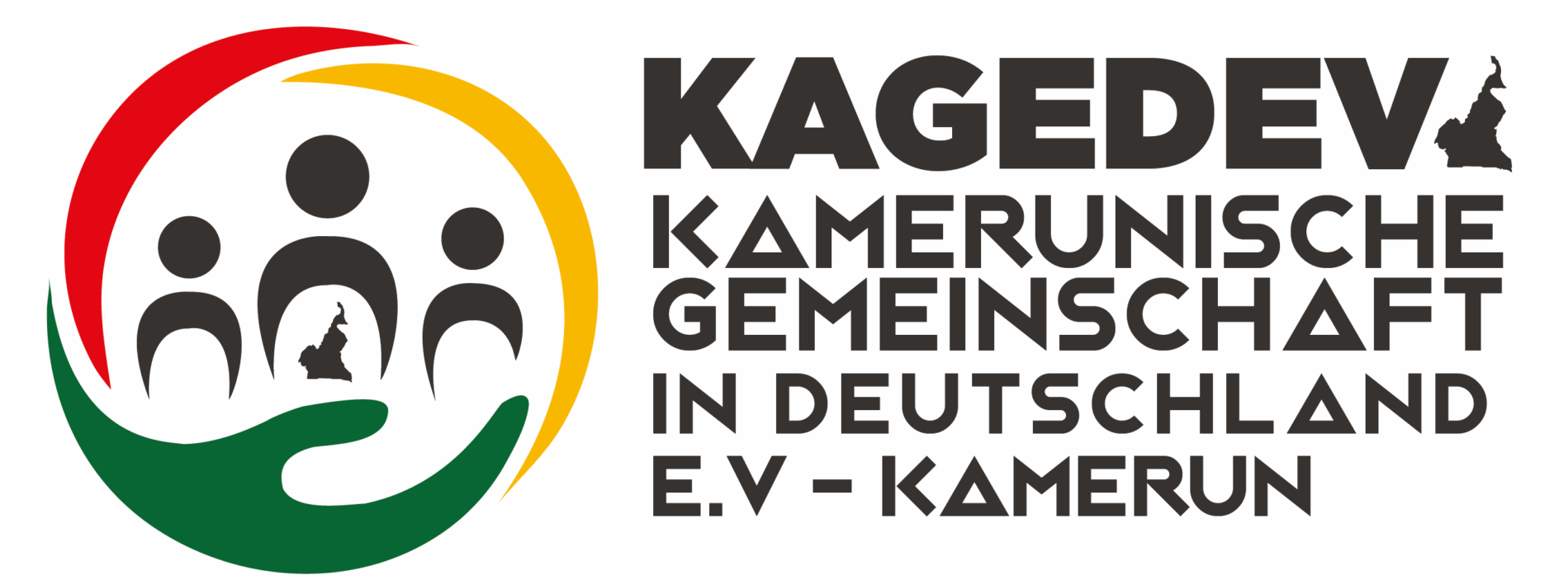Mini-jobbers will eventually be able to make an average of 520 euros a month rather than 450. The criterion for mini-jobs will shift to a weekly working time of 10 hours under minimum wage circumstances on October 1, 2022. This article contains the most crucial information regarding adjustments for employers and minijobbers.
The minimum wage increases to 12 euros per hour
On 1 October 2022, the legislation will increase the legal minimum wage to 12 euros per hour of work. This increase stems from an agreement made under the coalition contract.
The threshold for mini-jobs is raised to 520 euros per month
The monthly salary criterion for mini-jobs has been constant at 450 euros since 2013. In the future, the minimum wage will be used to dynamically adjust the barrier for mini-jobs. This implies that going forward, the minimum wage plus a weekly workweek of ten hours will serve as the basis for the compensation level. The bar for mini-jobs rises in tandem with an increase in the minimum wage.
With the increase of the legal minimum wage to 12 euros per hour, the threshold for mini-jobs will consequently rise to 520 euros per month on October 1, 2022.
New rules also in case of exceeding the remuneration threshold for mini-jobs
It is no longer a mini-job if the average monthly wage is more than the mini-job cap. Overruns that occur seldom and without warning are an exception to this rule. It makes no difference how much money was made during the months of unexpected overrun. Today, "occasional" refers to a time frame of up to three calendar months in a year. Thus far, the small job standards are the only source of this rule.
Unexpected overrunning will be subject to legal regulations in the future. This can occasionally be an unanticipated two-month overspending in a year. Over the course of a year, it will be allowed to earn up to 14 times the reduced activity level because the wage for the calendar month in which the overrun occurred cannot be more than twice the reduced activity threshold (1,040 euros). As a result, a minijobber can theoretically make 6,240 euros over a 12-month period and, in rare and warranted circumstances, up to 7,280 euros annually.
The mini-job threshold increases from 1,300 to 1,600 euros
Additionally, the new law raises the minimum wage required to work in the transition zone. Nowadays, a worker in the transition zone is considered to have a "midijob" if their average monthly wage falls between €450.01 and €1,300. If employees consistently make more than €520.00 per month, up to a maximum of €1,600, a midijob will eventually exist.
Additionally, the new law raises the minimum wage required to work in the transition zone. Nowadays, a worker in the transition zone is considered to have a "midijob" if their average monthly wage falls between €450.01 and €1,300. If employees consistently make more than €520.00 per month, up to a maximum of €1,600, a midijob will eventually exist.


